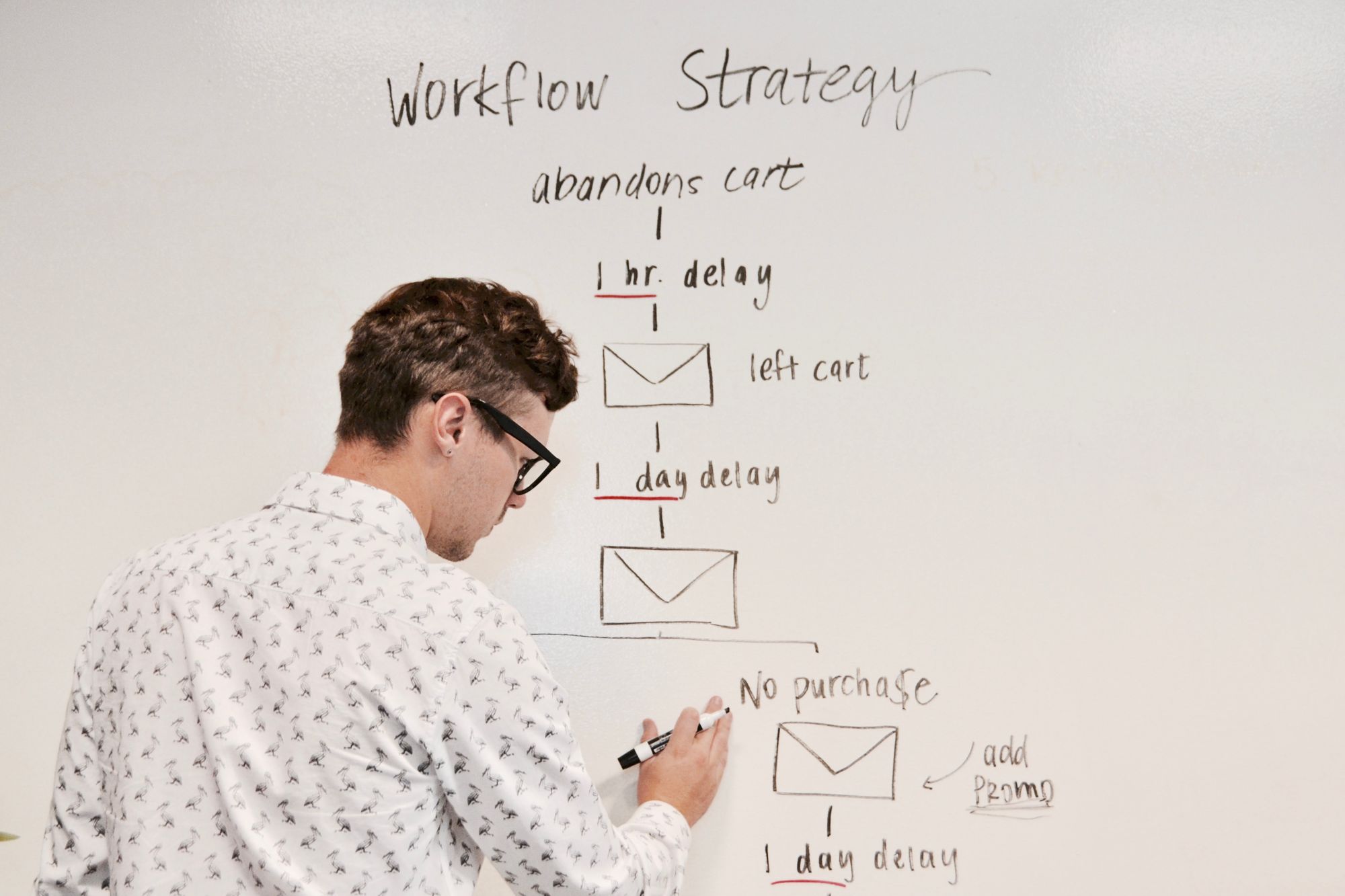Celebrities including Chris Hughes, Anna Richardson and Keira Knightly have spoken about turning to hypnotherapy for anxiety and its effectiveness. Here we look at how hypnotherapy can help with anxiety and what to expect from this approach
Let’s face it, portrayals of therapists in the media don’t always paint the best pictures of the professions, but hypnotherapists in particular get a particularly bad deal. From Matt Lucas’ depiction on Little Britain to the whirling hypnotic eyes of the snake in The Jungle Book, there’s a lot of misconceptions about the work of hypnotherapists.
Hypnotherapy, however, can be a key tool in any success kit for managing a range of life and mental health challenges, including anxiety, phobias, sexual problems and quitting bad habits like smoking.
Working on a subconscious level when you’re deeply relaxed, hypnotherapy uses suggestion techniques to encourage a change in thinking patterns. This can help ‘rewire’ the brain essentially, giving you a boost to help alter behaviour.
So how does this work when it comes to anxiety?
We spoke to hypnotherapist Penny Ling to find out more and how effective hypnotherapy can be for anxiety.
“Hypnotherapy works exceptionally well for anxiety. Many hypnotherapists find progressive relaxation very useful to help a person go into the trance state. We are allowing a person to be aware of the tension they’re carrying around with them, and to relax those muscles. By the time we work on the issue, the person is in a lovely relaxed state. It's like having a mental massage.”
Having a dedicated space and time to relax is already a big help for those with anxiety, but what is it that takes place during hypnosis that helps ease symptoms? Penny explains that as a solution-focused hypnotherapist, she asks the client to focus on the outcome they want, rather than the issue causing the anxiety.
“So if a person is worried about talking in a management meeting, for example, we would help them focus on how they would prefer it to be, reinforcing the positives. Confidence building could be beneficial when recalling activities which they feel very confident in doing. Then imagining themselves in the management meeting, holding on to those positive feelings creates a template for their mind on how they want to behave.”

Anxiety tends to fall into two different camps, generalised anxiety (where someone feels anxious without a specific trigger or event causing the anxiety) and specific types of anxiety, like social anxiety, phobias and fear of public speaking. Carl Burton, digital marketing executive here at Happiful tells us how hypnotherapy helped him with a more specific anxiety.
“I had hypnotherapy to combat agoraphobia as I was struggling to find something that worked for me. Although being initially skeptical, I found after a couple of sessions, I started to improve little by little. After combining some of the techniques with some CBT-based ones, I have made major steps and am back to living a happy, healthy life.”
For some, combining hypnotherapy with other approaches, like Carl did with cognitive behavioural therapy (CBT), can be helpful. We asked Penny whether or not hypnotherapy approaches differ when dealing with more specific forms of anxiety.
“It could be different. For example, public speaking is very precise. The client may only need to perform it occasionally, and everything else in their lives is unstressful. I would expect to scramble any negative past experiences and help the person mentally rehearse the next meeting.
“Social anxiety can be non-specific, so there may be many different things triggering the anxiety. I would expect the person to see me on a more prolonged basis because it could be like peeling back the layers of an onion. Each week dealing with a different aspect as we helped them towards their goal - which can change every week as they lower their anxiety. Everyone is different, so I usually use the approach suited best for the person and their circumstances.”
Regardless of what type of anxiety you’re living with, it’s worth knowing your options when it comes to managing it. If one approach doesn’t feel useful, try another. And remember, you always have the right to stop working with a professional if you feel the relationship isn’t working and find someone who resonates.
Before starting your search for a hypnotherapist, Penny recommends keeping the following in mind:
What do you want to achieve?
There are different styles of psychotherapy accompanying hypnotherapy. Some people like the problem-focused approach of CBT, yet others may prefer finding solutions, so they develop that as their primary strategy in life.
Is the therapist suitably qualified and how long have they been practising?
Are they members of a professional body? Because it's an unregulated industry, you want to make sure the therapist has good experience in the field. Don't necessarily go for the nearest or the cheapest. Word of mouth referral is best.
Meet with the hypnotherapist for a consultation
At least this way you can assess if you think you'll get on with them and the environment in which you see them is professional and positive. If you turn up at a clinic or someone's house and you feel unsettled in that location, you're going to find it harder to deal with the anxiety. If you find the therapist puts you at ease, the clinic is light, bright, clean and inviting; you're much more likely to relax.
Learn more about how hypnotherapy can help and find a hypnotherapist in your area on Hypnotherapy Directory.


Comments